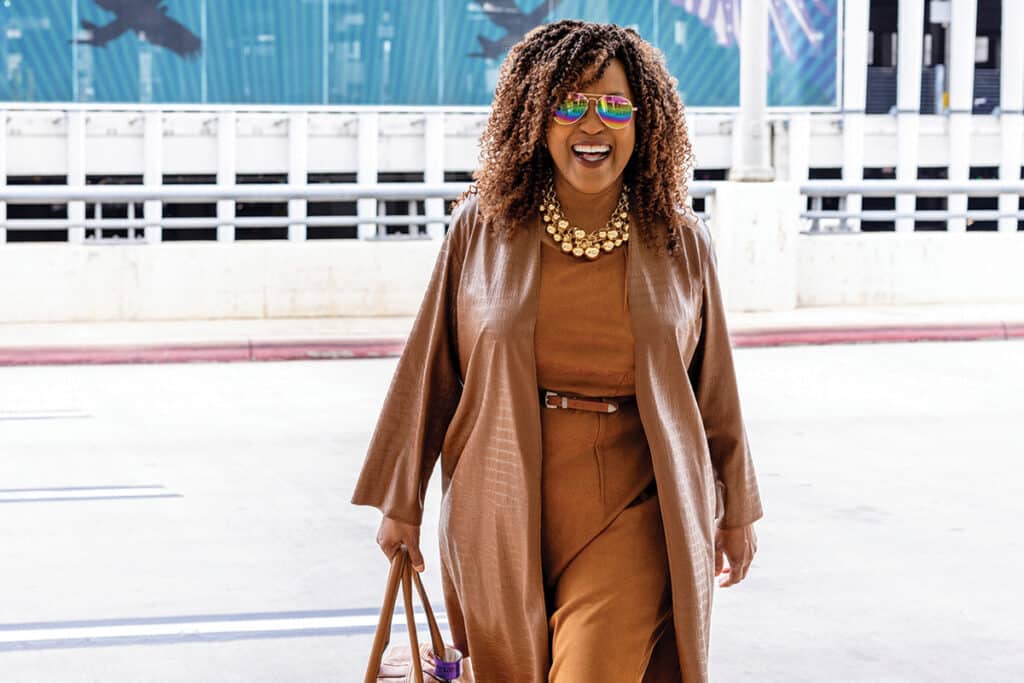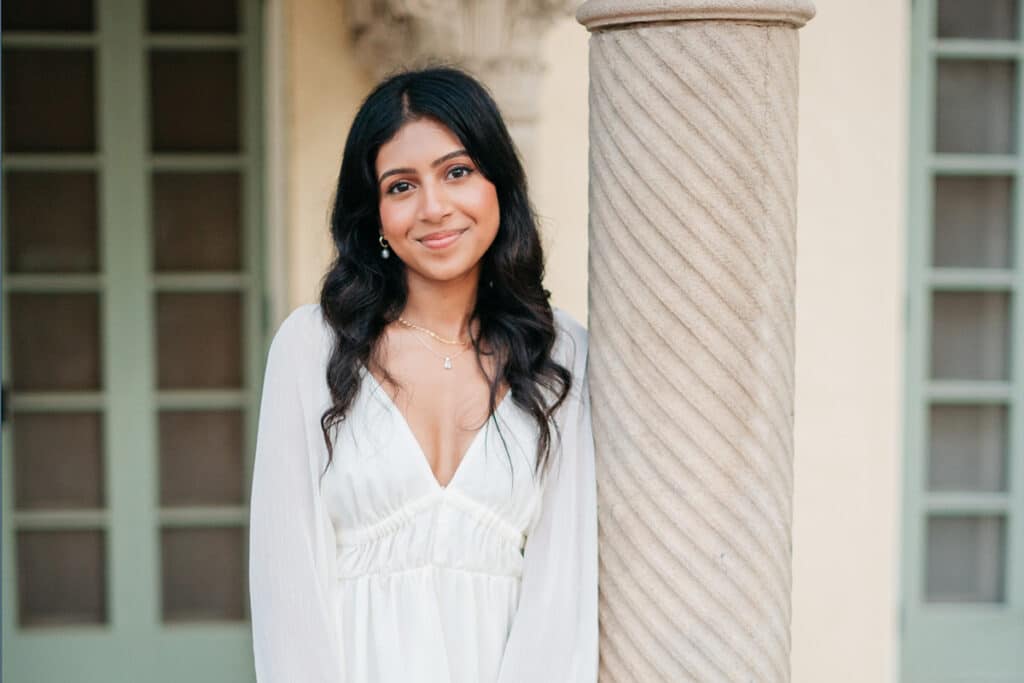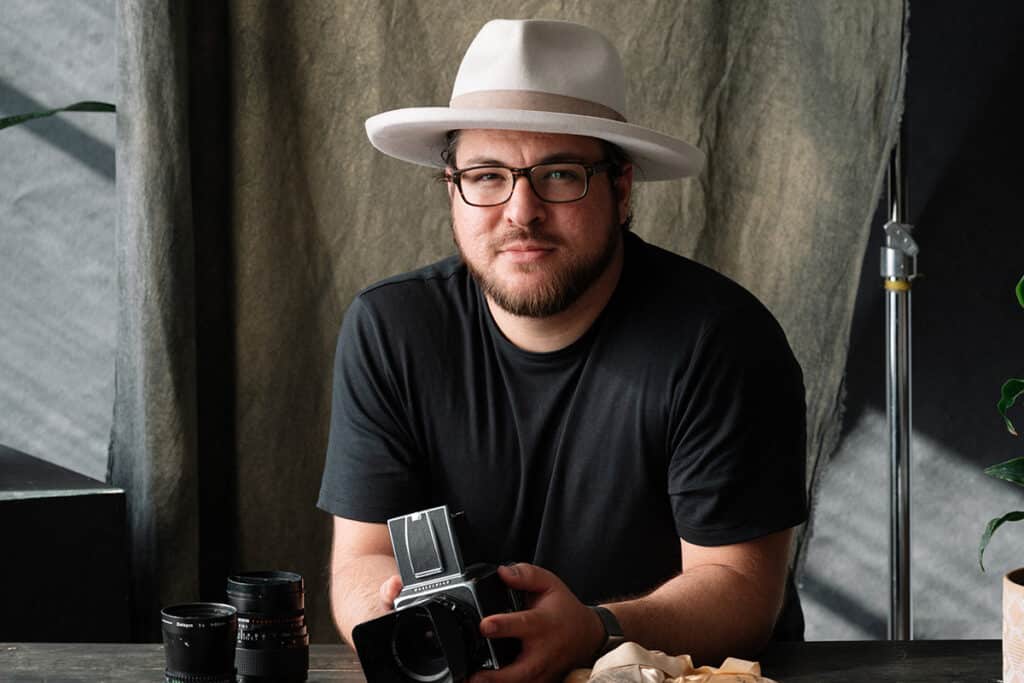As a teenager, Marta Prada Peláez found herself in foreign territory. Leaving her family”s home in bustling Bogotá, Colombia, she was to continue her education under the careful watch of nuns at a convent school off the map in a tiny Minnesota town not far from the Canadian border. Culture shock was something of an understatement for the 15-year-old, who struggled to adapt, but the experience also set the foundation for her ideas on life, family and work. “That experience was my first confirmation that there are no limits to what a person can do,” Peláez says. It”s a belief that has motivated her to search for the opportunity that lies in every experience and approach each day with a sense of optimism. As president and CEO of Family Violence Prevention Services, Inc., Peláez oversees more than a dozen services designed to protect, heal and give new direction to victims of domestic abuse in San Antonio and surrounding counties. Every day, she sees the imprint of violence on her agency”s clients — most of whom are women and children. It”s emotionally difficult work, but she looks past all of that to find that familiar touchstone: Opportunity.
Peláez translates the reality of abuse and violence into the opportunity to transform lives. “When women and children come to us, I see our task as one where the horror is left at our doorstep,” she says. “From that point forward is hope and possibility.”
SAFE AND SECURE
Unlike so many of the women and children she sees every day, Peláez grew up in a warm family environment. “Anything good or bad in society has its genesis in the family,” she says. “I was blessed to have been surrounded by love, care and respect — the important pillars in a person”s life.” Her upbringing gave her self-confidence that led to higher education, fulfillment as a wife and mother and a rewarding career. While that hasn”t made her immune to life”s challenges, she understands the value of the security her life holds. “I cannot imagine a less than perfect day at work and then not being able to be comfortable when I go home,” she says. “After a hard day, I know I have a hug and some understanding waiting for me. Facing coming home to someone who hits you? How can you replenish yourself?” Like many women, Peláez had put her career on hold to raise three children, who were born in rapid succession. As they grew older and she pondered returning to work, she desperately wanted to find something where she knew her commitment and passion could have an impact on the most people. With a master”s in clinical psychology, she could have gone into private practice, but the idea of seeing one patient at a time, all day long, didn”t fit her desire to create broader results. When she saw the Battered Women”s and Children”s Shelter, she knew that was where she wanted to work. She joined Family Violence and Prevention Services as an adolescent-substance-abuse program director in 1999 and more recently was appointed president and CEO. “One in three women is a victim of domestic violence,” she says. “I often ask myself how it was that I was never abused — how did I escape that statistic?”
Peláez says she often creates a scenario in her mind, to imagine what she would do if she were in that situation: “I know I would have left with the kids, and we would have made it, but so many of these women don”t know their own strength, they don”t know that there”s help out there for them. If you know you can walk away and be safe, you can find answers, you can find self-sufficiency.” Peláez still finds time to be hands-on, interacting directly with the people her organization serves, but her job today is to find opportunities at a higher level. With a keen ability to identify unmet needs, she drives herself and her staff to work with local government and other related agencies, and to fill unmet needs with new programs, or by reinventing existing ones. The Battered Women”s and Children”s Shelter is a good example: Until recent years, the facility was called the “Battered Women”s Shelter.” Peláez realized that the name, and the programs within, failed to address the reality that two-thirds of the people using the services of the shelter were the children of the women in the program. She elaborates, “Mothers won”t escape an abusive home on their own. They bring their children. We were missing a huge opportunity by not having a structure in place to support the needs of the children who survive an abusive home.”
DON”T LOOK BACK
She also understood that in order for these women and children not to return to the lives they left behind, they need education, confidence and self-sufficiency. Today, when women and children come to the shelter, it”s merely the start of a long journey through a comprehensive series of programs designed with those fundamental goals in mind. “We kept hearing the same things from women,” she explains. “They had reasons they couldn”t do something, reasons they had to go back to their abuser.” Peláez set out to have ready responses — and solutions — to the familiar excuses. “The woman says, ‘I don”t have a place to live.” We say, ‘We”ll get you a place.” She says, ‘I don”t have any job skills.” We say, ‘We have a job-training program.”” As a result of the long-term immersion in alternatives and services her agency provides, the rate of local women who return to shelters is a mere 6 percent, compared to the national average of 28 percent. Peláez is keenly aware of the thin line between success and failure. “When a woman comes to us, that might be the only chance we have to help her,” she says. When a woman dies at the hands of her abuser, the tragedy weighs heavily on her. “I ask myself if she ever got far enough away from her situation so that we could have reached out to her. What could we have done differently?” Peláez also chairs three state committees and earlier this year testified before the Senate about domestic violence and the need for increased preparedness to serve the families of military personnel returning from overseas deployment. “These are things that nobody wants to talk about,” she says. “Our biggest challenge is having the dialogue and accepting the factors that contribute to domestic violence.”
Letters Peláez receives from women letting her know they”re graduating from college, or that their child is now an honor student, tell her she”s on the right track:. “It”s intensely emotional, and it is very hard work, but for me, there is a very selfish side to this job. The pain is big, and the rewards are big. I get so much in return, and it brings balance to the work I do.”
FINDING CENTER
When she”s not working, Peláez turns to music and art. She”s played the guitar since childhood. “I wanted to learn the piano, but my mother insisted on guitar,” she says. “I”m so glad now. I can take my guitar anywhere I want to make music.” Always a lover of art, Peláez decided that before she could express herself artistically, she needed to learn theory and technique. She took one elective art class in college. “I started painting thinking that I needed to produce something that would end up in a big museum,” she laughs. “You start out thinking you”re creating art for others, but you learn that what you create is a very personal, very intimate thing. It”s the only area in which I”m my own judge.”
One of her paintings — an oversized landscape — occupies a wall in her office. Grasses, flowers and a rustic shack punctuate gentle hills that seem to roll on forever, bathed in pale sunlight. The location could be as nearby as the Texas Hill Country, as fashionable as Tuscany or as remote as a Colombian village, but what”s striking is the serenity of the scene — a much-needed visual retreat when the tough realities and raw emotions of her job threaten to take their toll. “I don”t know what I would do if I weren”t able to paint or play my guitar,” she says. “It”s truly my escape.” Peláez also believes that her creative expression helps her imagine and visualize the possibilities in her work. “It all comes together for me, and it”s an amazing process,” she says.
SIMPLE PLEASURES
She finds joy in her family. Dr. Raul Peláez, her husband of nearly 38 years, is a radiologist. All three of their children have taken a different professional path from their parents: One is an attorney, and the other two are currently in law school. She is also a very active grandparent to her two grandchildren, ages 2 and 8 months. “I want to believe that I”m an open book,” she says. “With me, what you see is what you get. I”m comfortable with myself; I know I”m not going to be liked by everyone, and that”s OK.” Peláez confesses that, for years, she”s cut her own hair. “People say ‘Oh, you do such a good job! But how do you do the back?”” Her response reflects her philosophy on much more than her hair: “I tell them that the back of my head is not my responsibility. If you look at the back, you will see the flaws. I accept my flaws. And I like my hair.”
Author: Susan Sheffloe Speer
Photographer: Liz Garza Williams




